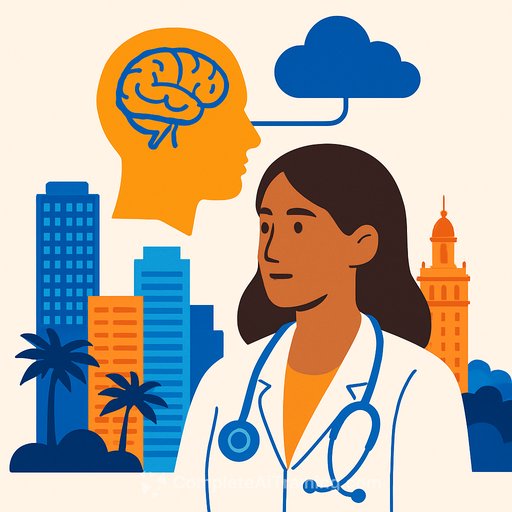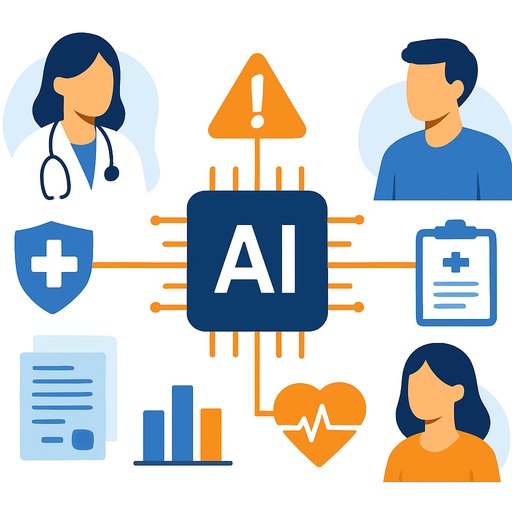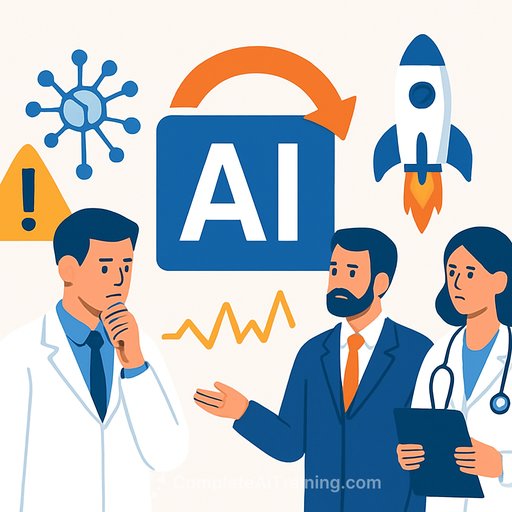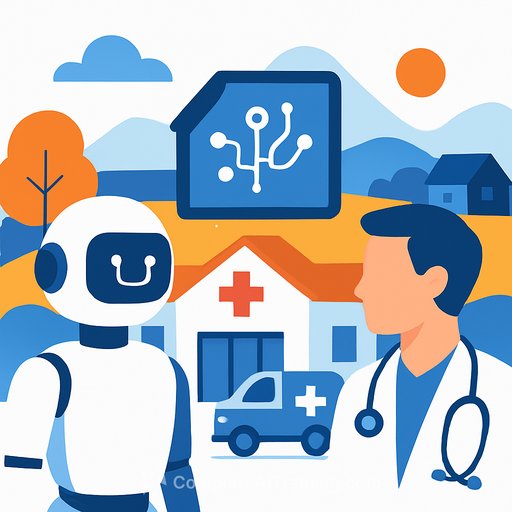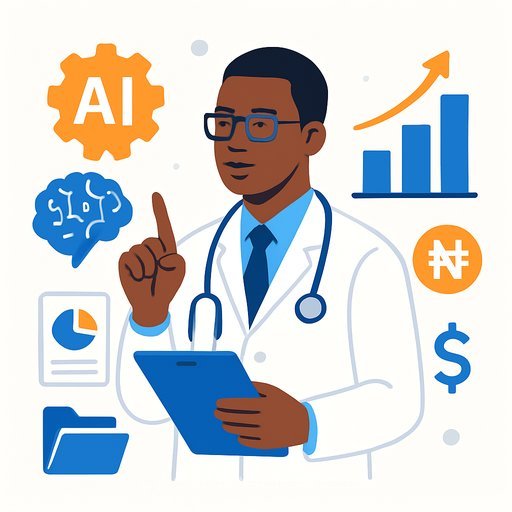Sofya bets on Miami to scale frontier AI in healthcare, building a second brain for doctors
Igor Couto isn't building another note-taking tool. He's building what he calls a second brain for physicians-software that listens, structures clinical data to standards, and offers evidence-based suggestions in real time while keeping the clinician in control.
The idea was forged in São Paulo. After two decades in mission-critical tech, Couto moved into healthcare, building digital tools for Hospital Sírio-Libanês, while experimenting with early AI models like GPT-2. In 2020, he launched Sofya and later moved to the US to build at a scale and speed he couldn't find in Brazil. Miami, he says, is the bridge that connects the Americas-and the right place to grow.
What Sofya actually does
Sofya starts where many AI scribes start: it listens to the visit and drafts documentation. That's table stakes.
Behind the scenes, the system encodes symptoms, labs, and diagnoses to standards like ICD and LOINC. With structured data in place, it cross-references guidelines and current research to surface suggestions a clinician can accept, edit, or ignore. Think invisible AI-plug in, minimal workflow change, decision support in the background.
Early traction
- Processed 1M+ consultations across Latin America.
- Participated in the Mayo Clinic Platform Accelerate program.
- Strategic seed round from MV Saúde, a major electronic health record provider serving thousands of hospitals.
US go-to-market: from per-visit to value
Latin America runs on per-consultation pricing. In the US, Sofya expects to lean into value-based purchasing-revenue-sharing agreements with providers and payers tied to measurable outcomes. The first US customer is a South Florida clinic network, giving the team live feedback on workflow fit, documentation quality, and impact on throughput.
Why this matters for healthcare leaders
- Structured data without extra clicks: Automatic ICD/LOINC mapping improves downstream analytics, quality reporting, and care coordination.
- Decision support at the point of care: Evidence suggestions are surfaced in real time without forcing a new interface.
- Auditability and control: Clinicians remain the final decision-makers; suggestions are editable with provenance.
- Operational gains: Better documentation, fewer missed codes, and cleaner data can support reimbursement accuracy and reduce rework.
- Quality and risk: Pattern detection at scale (e.g., longitudinal prostate cancer signals) aims to cut misdiagnosis and malpractice exposure.
Implementation notes to consider
- Integration: Confirm EHR connectivity, data standards support, and how the tool writes back to your system of record.
- Governance: Define approval pathways for AI-generated content, clinician override rules, and audit logs.
- Measurement: Track documentation accuracy, coding lift, length of visit, clinician satisfaction, and downstream outcomes.
- Security and privacy: Validate PHI handling, encryption, on-shore processing where required, and BAA coverage.
- Economics: Model per-site ROI under value-based agreements-documentation lift plus avoided denials and potential quality bonuses.
What's next
Sofya's long-term target is ambitious: algorithms that read across hundreds of thousands of comparable cases to spot signals clinicians can't practically scan during a visit. The goal is straightforward-reduce missed diagnoses, lower malpractice risk, and scale expertise to every clinic that needs it.
For Couto, Miami is the execution ground. "Here, I feel welcomed," he says. "It's a place you can build something big."
If you're exploring AI upskilling for your clinical or ops teams
Practical training helps teams evaluate and adopt tools like this with confidence. See curated options by role at Complete AI Training.
Your membership also unlocks:

